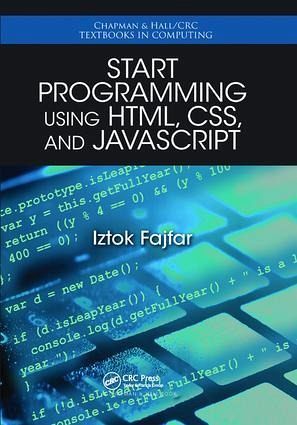Nicht lieferbar

Start Programming Using HTML, CSS, and JavaScript
This book shows how the release of the free market in the last part of the twentieth century produced a rise in inequality and violence, the development of a huge criminal economy and the degradation of social and cultural life. It questions the silence of academics in the face of these changes and asks how much they have been incorporated into the priorities of commerce and governments. Many academics in the social sciences, media and cultural studies have avoided critical issues and become occupied in obscure theoretical debates such as post-modernism. The effect was to draw inellectuals and...
This book shows how the release of the free market in the last part of the twentieth century produced a rise in inequality and violence, the development of a huge criminal economy and the degradation of social and cultural life. It questions the silence of academics in the face of these changes and asks how much they have been incorporated into the priorities of commerce and governments. Many academics in the social sciences, media and cultural studies have avoided critical issues and become occupied in obscure theoretical debates such as post-modernism. The effect was to draw inellectuals and students away from the engaged and empirical work needed to identify key social problems and possibilities for change. The authors of this book point to the need for independent research which can criticise political policies and reveal their effects. They show, for example, why contemporary policies on drugs and education are creating more problems than they solve. The book features contributions from a wide range of academic disciplines including mass communications, sociology, politics, geography, philosophy and economics, and points to new directions for radical science. It also examines the possibilities for a free and democratic media and calls for the development of critical and open debate.




